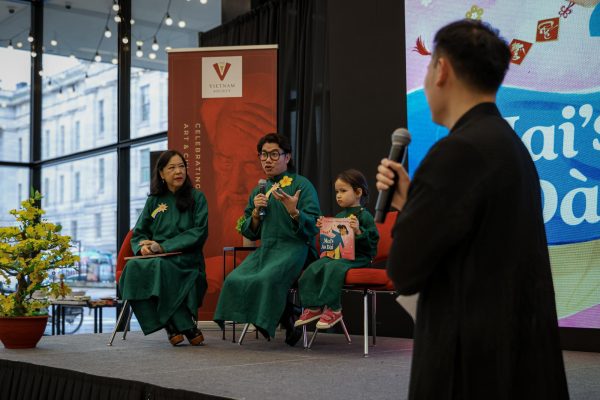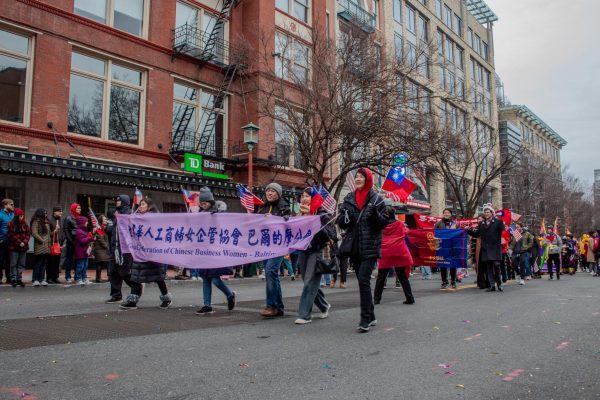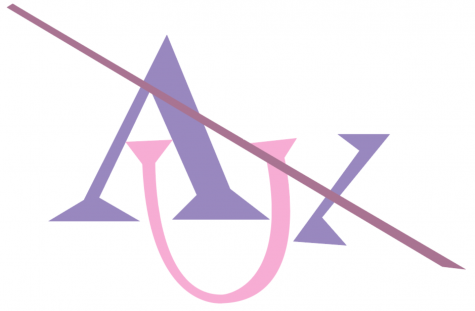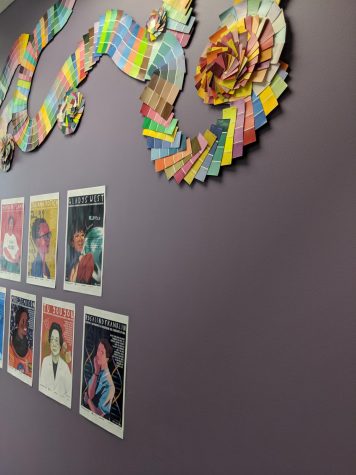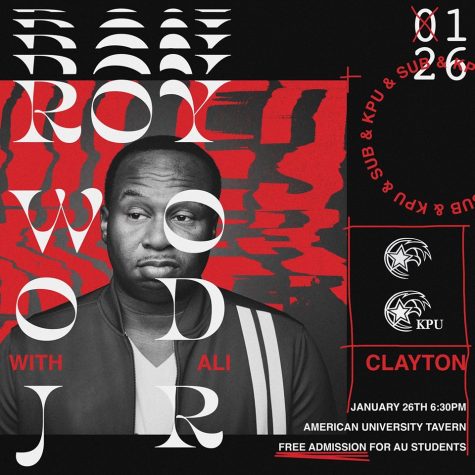The Dark Side of Anonymous Voices: Yuck Yaks
Over three billion people have access to the Internet, and those who reside within 1.5 miles of your location can get 200 characters of unregulated, entirely anonymous social publication with just the click of a “free download” button.
“We were naïve,” admitted Yik Yak co-founder Brooks Buffington in a statement following the application’s mandatory prohibition in Chicago. “Using the app the way we intended it to be used requires a certain amount of maturity and responsibility; we were idealistic about who possessed that.”
The Yik Yak ban was enforced citywide following reports of cyberbullying in several Chicago high schools. Within four months of the app’s creation in 2013, reports of aggressive and offensive posts creating tensions within schools nationwide began to make headlines, culminating in a false bomb threat at San Clemente High School in southern California.
“Most of what you find on Yik Yak is mean-spirited,” said freshman Rachel Bracken. “I don’t know why people post stuff like that.”
In March of 2015, American University administrators and staff were confronted by a series of controversial “yaks” posted by AU students that targeted the university’s African American population.
“It seems to have a very high-school mentality. I thought people would have grown out of it by this stage in their life.”
Screenshots of the posts went viral on Twitter, garnering media attention and student outrage—specifically those in which students were referred to as “monkeys” and “cotton-pickers.” The Vice President of Campus Life, Gail Hanson, released a statement asserting that, “These posts stand in stark contrast to American University’s core values of respect for human dignity and appreciation for diverse cultures.”
Anonymous offensive comments have not been limited to race on AU’s campus. There are daily posts scrutinizing individuals for their physical assets or beliefs, demanding that the “short girl with the dark hair” stop walking around without any makeup on or that all Republicans are “homophobes and molesters.” Instances of cyberbullying like these are often motivated by frustration, boredom or the desire to get a reaction. Seventy percent of teens will be a victim of online bullying at some point in their lives, according to NoBullying.com. The Cyberbullying Research Center found that about 20 percent of teens are harassed online regularly. This can result in higher risk of depression, anxiety and suicide among people ages 15 to 29.
“It’s incredibly disappointing that such an abusive online presence exists in college,” said Ranya Shannon, a freshman. “It seems to have a very ‘high-school’ mentality. I thought people would have grown out of it by this stage in their life.”





